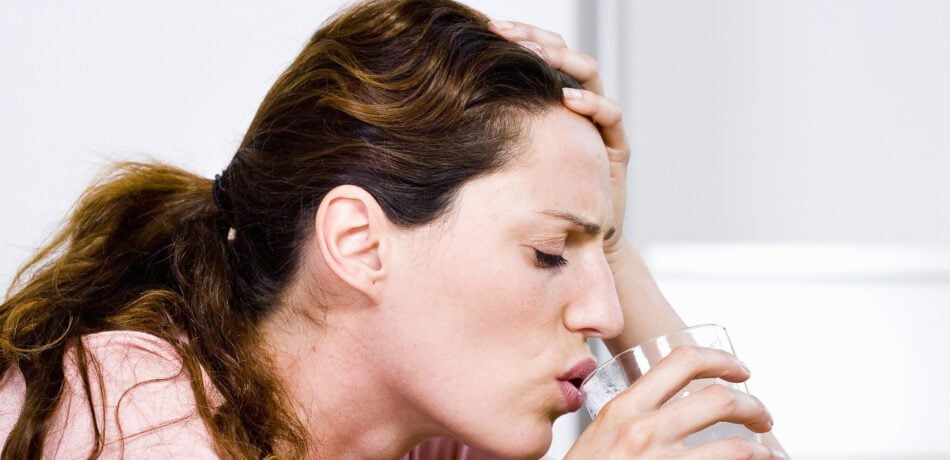Water…no one can survive for long without it. Staying properly hydrated is important, and we read all the time about the importance of drinking enough water but there can be a point where there’s too much of a good thing.
Yes, drinking too much water can be dangerous and, in some cases, deadly as we’ve seen with an Indiana mom of two who died in July 2023 because she drank too much water on a family trip.
Below, we’ll cover the topic of how to know when drinking too much water is dangerous so you can be careful to stay hydrated but not overdo it.
Feeling thirsty all the time? You may have diabetes so check out our blog Diabetes: What You Need to Know
Importance of Hydration
Staying hydrated is vital for maintaining bodily functions and keeping you feeling and looking healthy. It regulates your body temperature especially when it’s hot, helps with digesting your food, gives your more energy and better brain performance. But there’s a possibility that you could become overly hydrated which we’ll cover next.
There’s a Name for Being Overhydrated: Hyponatremia
Hyponatremia happens when you drink so much water that the level of sodium in your blood becomes dangerously low due to excessive water in the body. This can lead to a condition where your cells begin to swell with all that excess water.
According to the Mayo Clinic, of hyponatremia can range from mild to severe and may include nausea, vomiting, headache, confusion, seizures and even coma. Severe cases can be life-threatening.
- Dilution of Electrolytes: Sodium is a crucial electrolyte that helps maintain the balance of fluids inside and outside your cells. Excessive water intake can dilute sodium levels in your blood leading to hyponatremia.
- Cellular Swelling: When there is an imbalance of electrolytes due to excess water consumption, cells can swell. This is very dangerous to the brain, where swelling can lead to increased pressure within the skull.
- Brain Function Impairment: Hyponatremia can lead to changes in brain function, causing symptoms like confusion, seizures and even a loss of consciousness.
- Organ Damage: Prolonged hyponatremia can lead to severe complications including kidney damage and heart issues.
- Potential Fatality: In extreme cases, hyponatremia can lead to water intoxication, a condition that can be fatal if not treated promptly.
Preventing Hyponatremia
To avoid the dangers of excessive water consumption, it’s important to be aware of your body’s hydration needs. Listen to your body’s thirst signals and aim to drink water in moderation. For most people, the “8×8 rule” – eight 8-ounce glasses of water per day – is a reasonable guideline to follow. However, your individual needs may vary so talk to your doctor about how much water you should be consuming each day.
Want to learn more? Check out our blog Demystifying Expiration Dates: Is It Safe to Use Medicine and Food Beyond Their Expiration Date?
Colonial Penn is here for you!
Colonial Penn has specialized in making life insurance simple and accessible by offering it directly to consumers since 1957. Click here to learn more.





